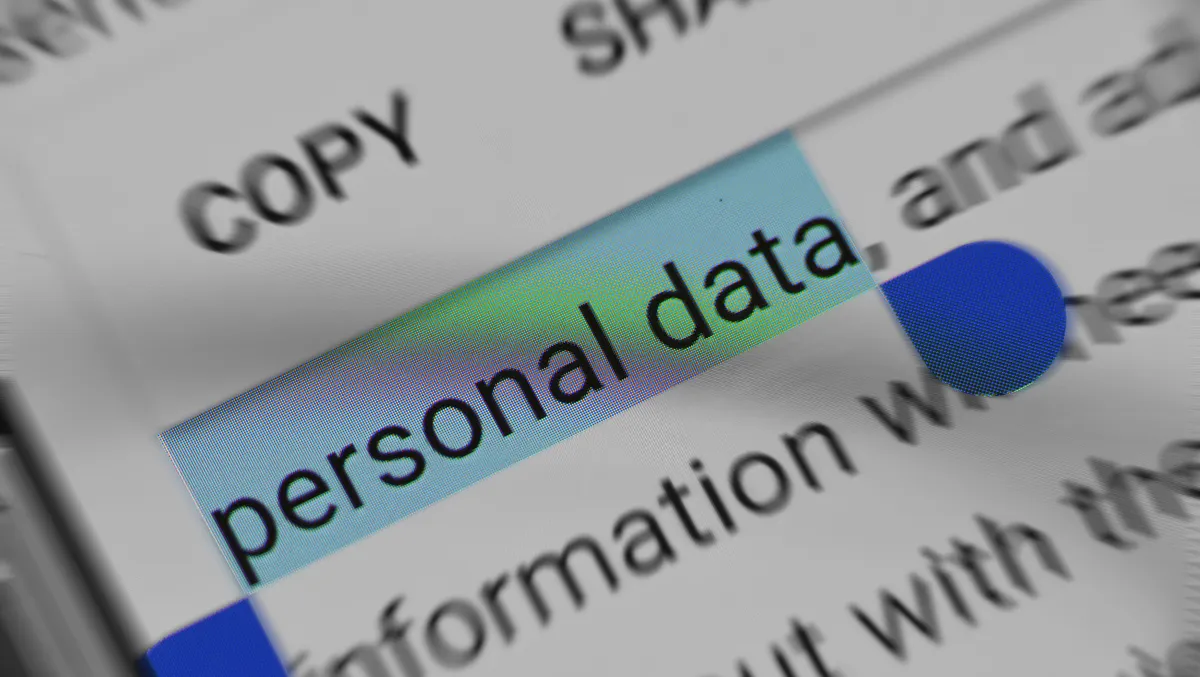
Aussies indifferent when it comes to digital privacy
Aussies remain indifferent when it comes to giving personal details to service providers even after recent data breaches that have made headline news, according to a new survey from Money.com.au.
The survey found that 60 per cent, on average, are comfortable or indifferent about giving personal details to large corporations when signing up for services. However, the proportion of those concerned is higher (at 57-68%) when asked to give banking information, face photos, tax file numbers or passport details with 28% giving at least one fake detail about themselves.
The findings were derived from a mid-October survey of an independent panel of 1010 Australians, commissioned by finance platform Money.com.au this month, after several data breaches were reported at large Australians corporations.
Money.com.au asked respondents to indicate how concerned they are, if at all, about giving their personal information when signing up to a service such as a subscription, telco plan, financial product, eCommerce site, app service, utility plan or accommodation service. Money presented a list of 14 items from date of birth and home address, to banking and passport details and respondents could choose whether they felt concerned, neutral or comfortable about giving away those details. Across all items, an average of 40% of respondents indicated they are concerned about providing such details.
Money.com.au found that respondents are most concerned about providing their bank transaction history (68% concerned), bank account details (65% concerned), tax file number (58%), photo of their face (58%) and passport details (57%).
Respondents are least concerned about revealing their gender (with 90% were comfortable or neutral) number of dependents (82% comfortable or neutral), date of birth (75% comfortable or neutral), home address (74% comfortable or neutral) and relationship status (71%).
Analysing responses across age groups, Money.com.au found that younger respondents are more comfortable about giving their personal details: an average of 45% of over-50s are concerned about giving away personal details, compared with just 31% of under-30s.
"I am surprised by the level of comfort that the majority of survey respondents have around sharing their private information," says Financial Adviser and Money.com.au Spokesperson Helen Baker.
"Considering recent major customer data breaches, I think we need to start questioning why some service providers request personal information that is not relevant to their provision of the service," she says.
"It may feel safe to share personal details such as date of birth, gender and home address, but a company holding a combination of these can leave individuals vulnerable in a data breach.
"Malicious hackers, if armed with a few personal details about an individual, can steal their identity, sell their identity, create fake accounts or passports or incur debt on behalf of the individual."
Money.com.au also found that more than half (52%) of respondents don't read privacy terms and conditions when providing personal details to sign up to a subscription, telco plan, financial product, eCommerce site or other online services.
Money.com.au asked respondents if they provide fake details about themselves when signing up to services. More than a quarter (28%) admit to providing some fake detail. Date of birth is the most common fake information that respondents tend to provide (chosen by 15%), followed by home address (13%) and name (12%).
Younger respondents are more likely to provide fake details: 32% of under-30s tend to fabricate at least one personal detail online, compared with 29% of 31-50-year-olds and 24% of over-50s. Specifically, under-30s are more likely to fake their name, at 16%, compared with 12% of 31-50-year-olds and 9% of over-50s.
Overall, a higher proportion of men tend to falsify their personal details: 31% of men have provided fake information, compared with 25% of women.
"There are safeguards individuals could take to protect their accounts, and information. For instance, using a different password for every account and updating those passwords regularly, while setting up two-factor authentication, can provide an additional layer of protection," says Baker.
"In light of recent data breaches that have made headlines, I believe large corporations will also become more diligent by updating their security systems regularly to prevent future data breaches."
Following the Optus data breach, the Federal Government has put forward the idea that it could centralise identity information through the myGovID digital identity system, as a solution. This would mean individuals would not be required to provide ID documents multiple times to service providers.
Australians would input their personal information into their existing MyGov account and only businesses verified to join the Trusted Digital Identity Framework would be able to access an individuals data. Money.com.au found that eight in ten (79%) respondents are concerned that this proposed digital ID could still be hacked and compromised in data breaches.


